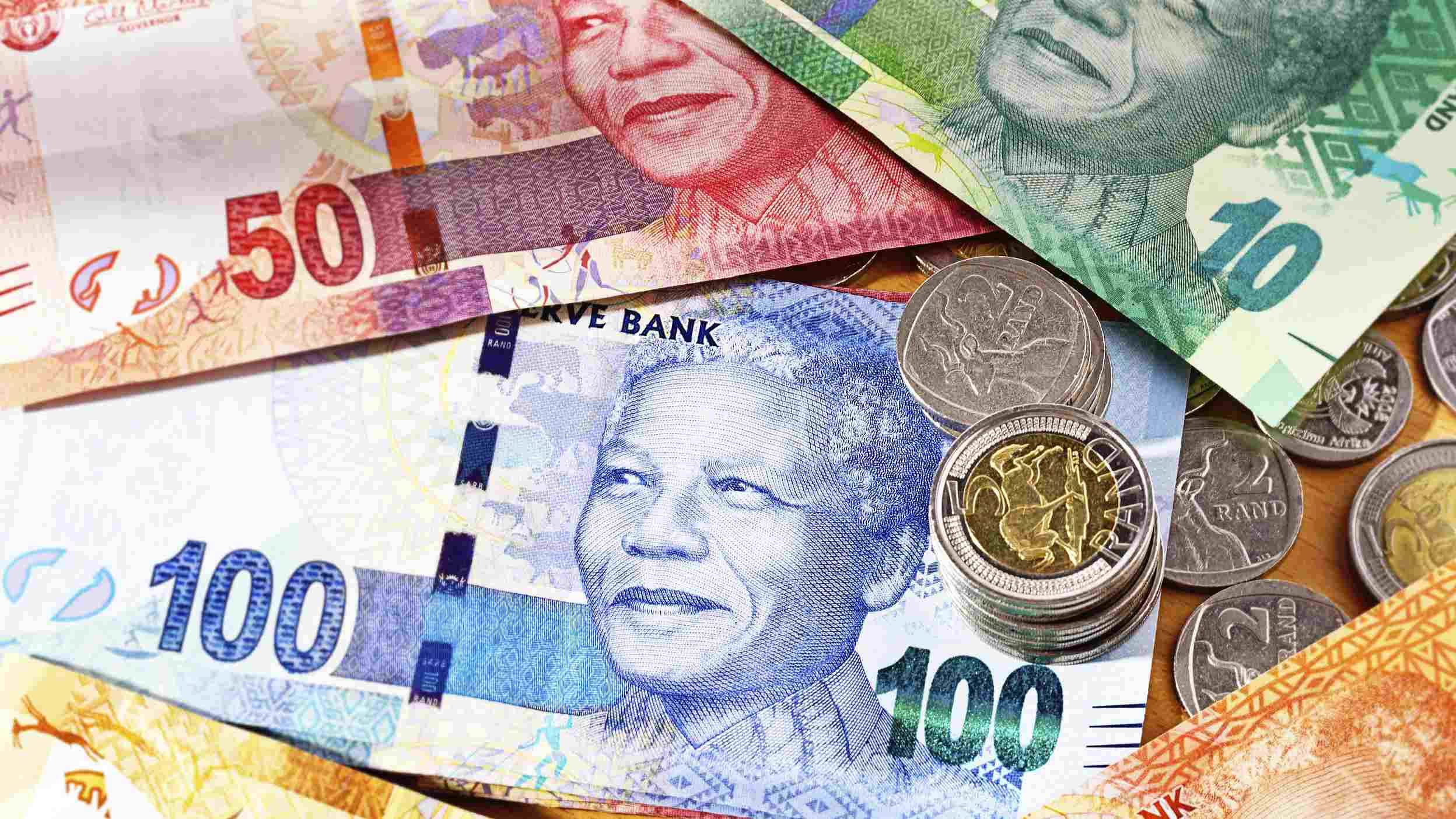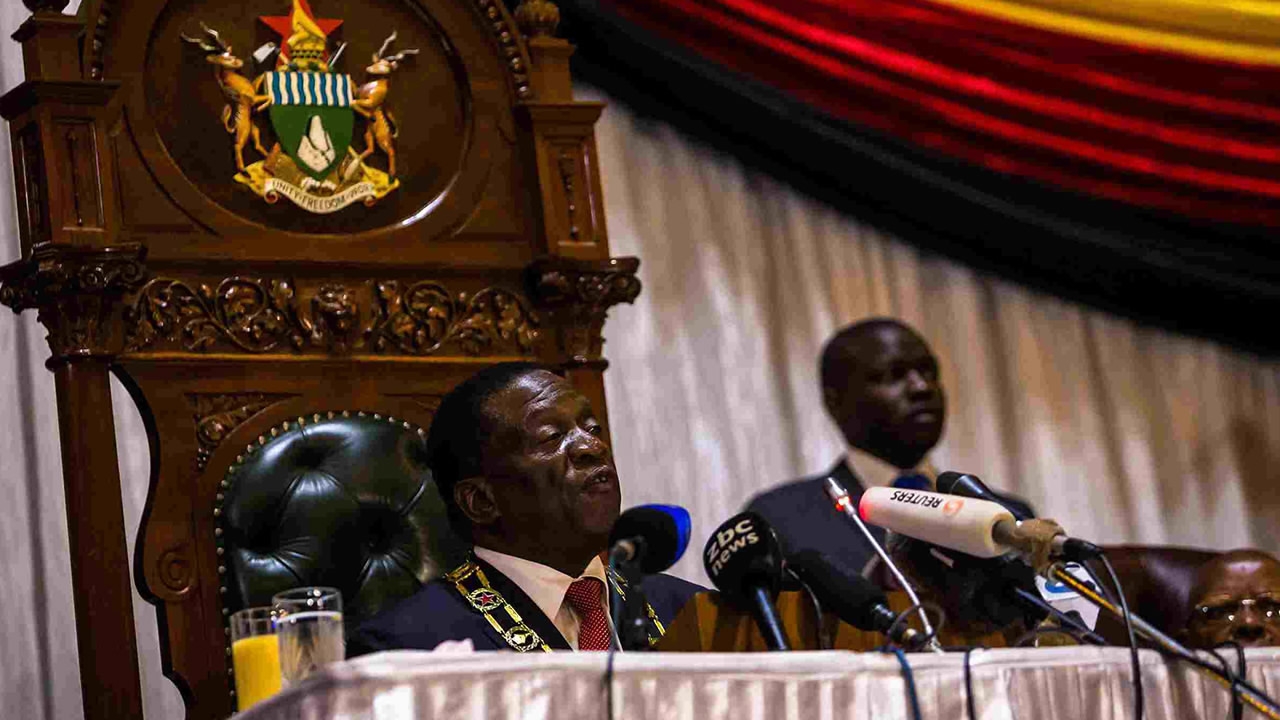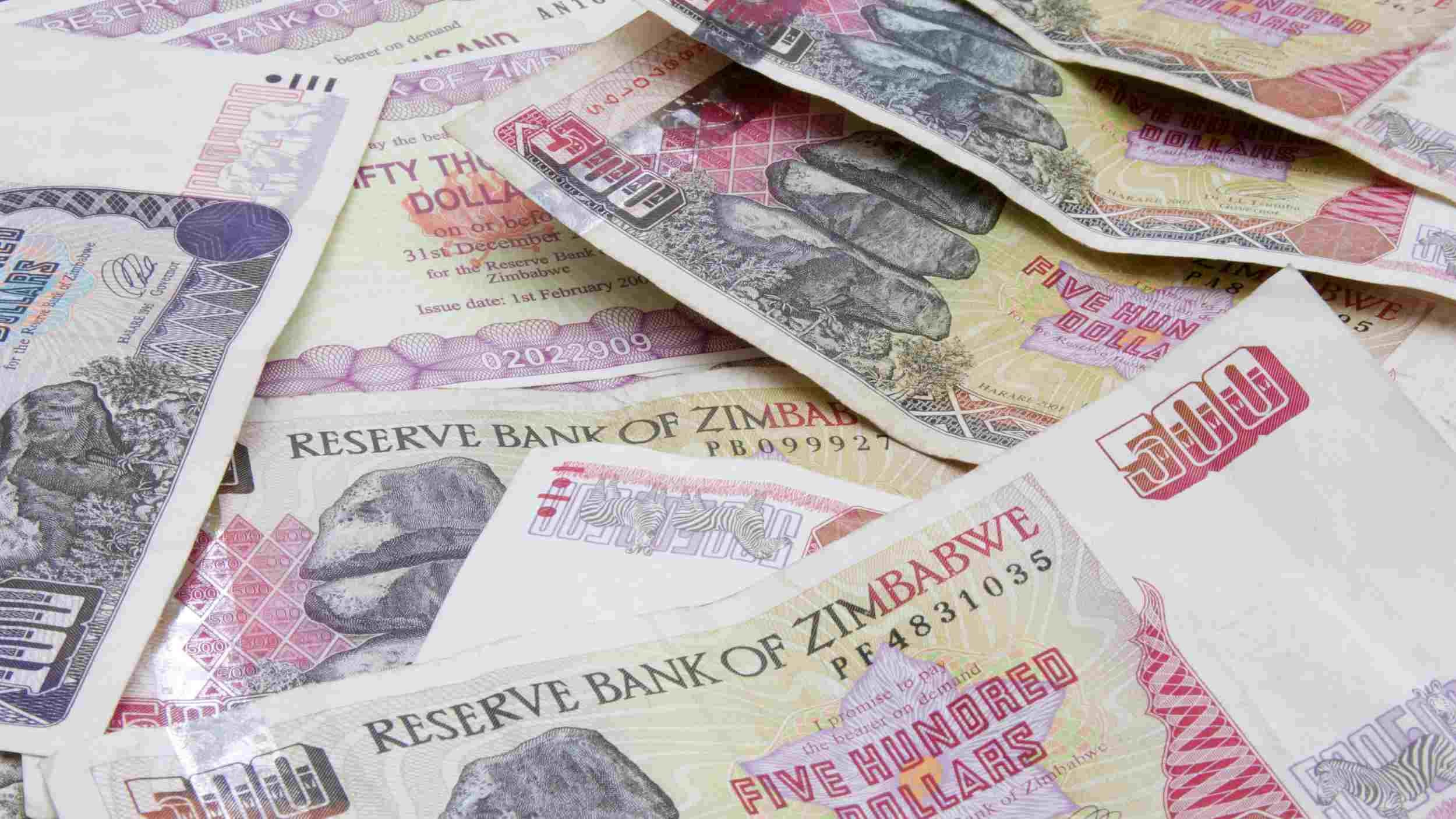
Business
22:40, 28-Dec-2017
Movers & Shakers: African economies are expected to bounce back in 2018
By Sumitra Nydoo and Farai Mwakutuya

2017 has been another turbulent year for some of Africa's economies.
Nigeria and South Africa, the two biggest economies in Africa, went into recession and were stifled by political instability, leading to low growth, increased unemployment and a rise in poverty levels, while Zimbabwe went through dramatic political events in the last two months of 2017.
Experts believe that the worst is over for now and these countries will stage a recovery in 2018.
Modest growth for Nigeria and South Africa in 2018
The World Bank forecasts a modest 2.7 percent growth rate in sub-Saharan Africa this year. South Africa slipped into recession early in 2017 but bounced back in the second quarter, while Nigeria’s economy also emerged from a recession this year recording the strongest growth on record since the third quarter of 2015.
The signs of a recovery are there but both countries have their own set of problems that could drag regional growth lower.
"They are not getting better to the extent that is required really to alleviate the high levels of unemployment in the country,” said Azar Jammine, director and chief economist of Econometrix, a leading consultancy brand in South Africa.

VCG Photo
VCG Photo
South Africa’s mining sector is still declining while Nigeria’s remains dependent on oil revenues.
Nigeria’s economy was hit by a sharp decline in oil prices and later downgraded to junk status. There was also a rise in terrorist attacks and uncertainty around the country’s leadership.
According to Dianna Games, CEO of Africa At Work, the real problem in Nigeria’s economy is the non-oil sector, where growth has declined because of the foreign currency crisis.
Meanwhile, South Africa is signaling a change of fortunes for the country since Cyril Ramaphosa’s win as new ANC president. But South Africa may still suffer further rating downgrades if he fails to implement new policy to lift economic growth.

New leadership expected to help Zimbabwe economy
Zimbabwe has renewed optimism for the economy under the new administration. Experts believe that will lift the country's economic growth in 2018.
Businesses are expecting the new administration, which has already begun reducing expenditure, reversed controversial empowerment laws and made commitments to respect property rights, can get the economy going again.
The 3.7 percent of GDP growth for 2017 has been driven by agriculture, where food production jumped 270 percent, thanks to a state sponsored command farming scheme that is to be expanded in the new year.
“What we need is farmer capacitation so that the yields can increase per hectare,” said Dr. Anxious Masuka, CEO of Zimbabwe Agricultural Society.

VCG Photo
VCG Photo
Economist John Robertson also suggested that the country needs capital injections in the form of equity investments rather than loan capital.
“We don’t want to borrow anymore, the country is already over borrowed. We need people to trust in the future and have trust in the prospects of their investments here being very profitable,” added Robertson.
But there are some major challenges. Crippling liquidity shortages made bank queues for cash get longer and international payments have been held up, disrupting businesses.
Monetary authorities have acknowledged there is no quick fix to the cash crisis. They are banking on export incentives, increased from five to 12 percent for the tobacco, gold mining and tourism sectors, to bolster foreign currency inflows.
In 2018, the government is prioritizing infrastructure development projects including expanding power plants and upgrading railway and road networks, but their completion is some years off.
“We may see a better 2018, but I think the real benefits are going to come in 2019 onwards. It’s going to take time,” said Robertson.

SITEMAP
Copyright © 2018 CGTN. Beijing ICP prepared NO.16065310-3
Copyright © 2018 CGTN. Beijing ICP prepared NO.16065310-3